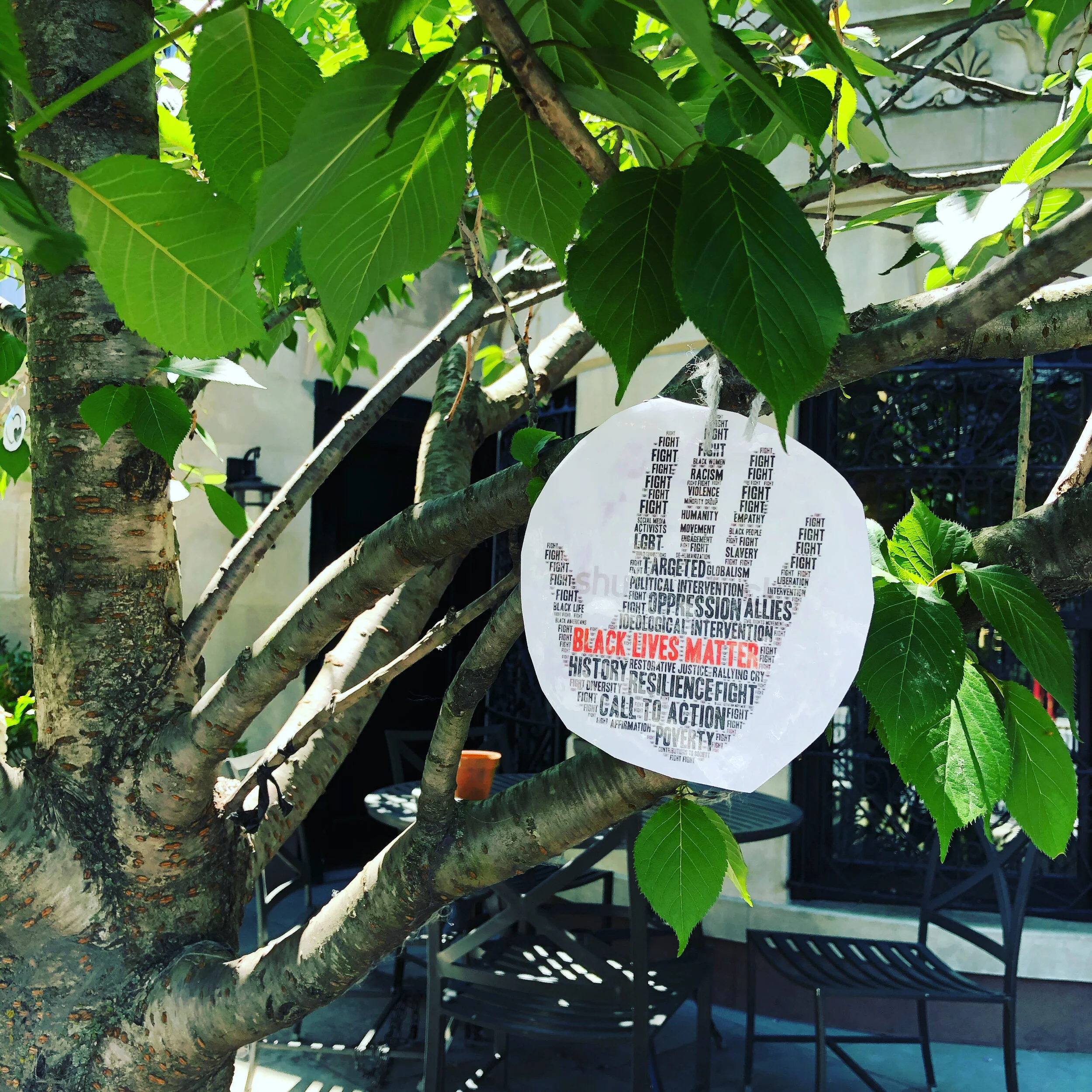Inclusive Ecologies (IE) is an interdisciplinary group of designers, researchers, teachers, and makers. We aim to bring together design practices, including graphic, interaction, landscape, and architecture to create artifacts that inspire change.
Our Mission
We aim to conduct research and build public-facing designs that challenge, inspire, and engage with issues related to the climate crisis. Through our design incubator, we provide a supportive space for creative thinkers to grow, learn, and make. Inclusive refers to both the scope of the research, that seeks to integrate perspectives that have been historically marginalized from climate change discourse (indigenous peoples, women of color, industrialized animals, among others) and to the aim of the research group, seeking to integrate multiple disciplines within the discussion of climate-change sensitive design. Ecologies is interpreted in the broad sense, from earth and its systems to social relations. We support participatory design practices that include a diverse range of multi-species landscapes.
“As contamination changes world-making projects, mutual worlds—and new directions—may emerge.”
What we’re working on
Through both speculative and functional design, we engage with climate change, environmental justice, and nonhuman experiences. Current projects include work with pollinators, such as small, garden-sized smart beehives that utilize environmental sensors, and a more expansive Pollinators Pavilion project that provides habitat for up to 4,000 bees and employs endoscopic cameras, motion sensors, and a microprocessors that capture data about the bees who live in the habitat.
We are developing biodiverse, edible surfaces to experiment with plants that can survive two degrees of global warming. We are always thinking about our pedagogical practices, and we see our practice and teaching as an ongoing conversation. We aim to collaborate and combine knowledge from different disciplines as we explore new expressions of inclusion in relation to ecologies.
Explore our project pages to discover more details about our work.

